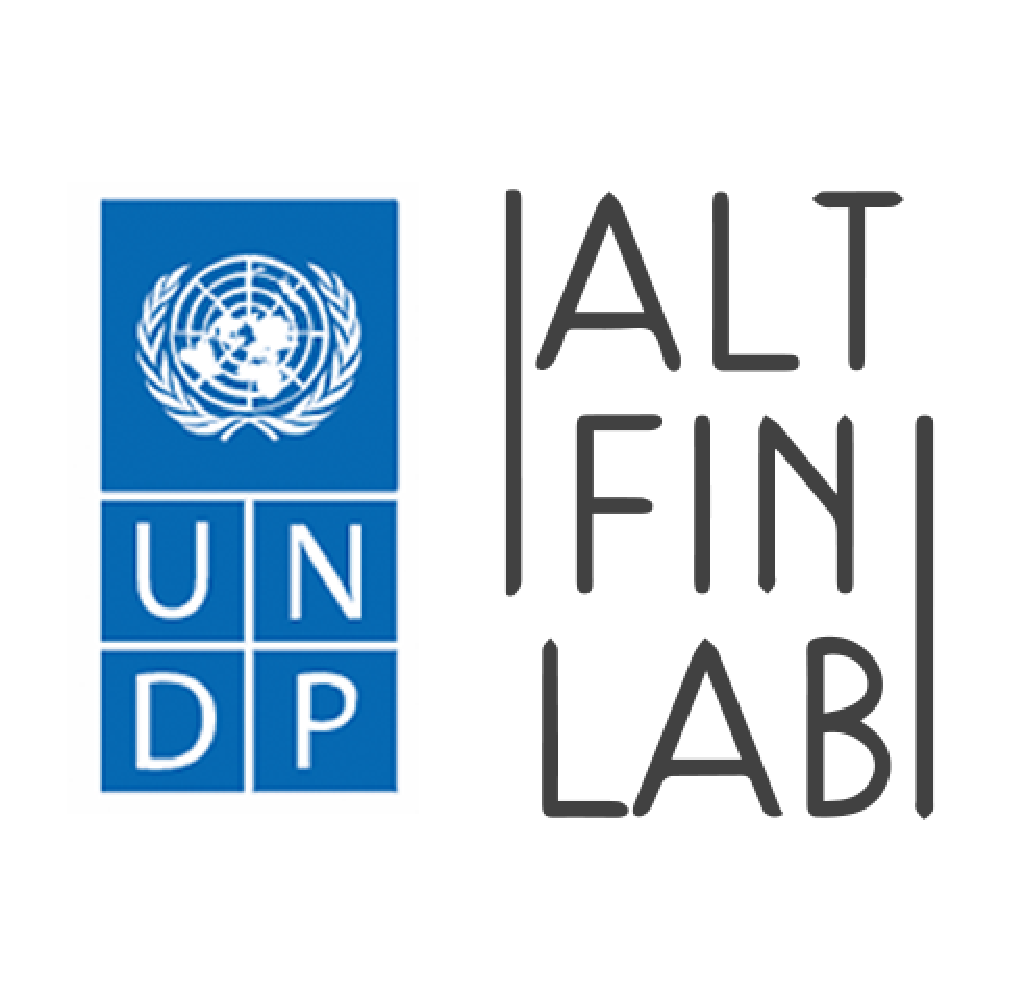Call for Project Proposals
Apply NowAbout
Exponential Science is advancing foundational and applied research across decentralized systems, artificial intelligence, cryptography, quantum technologies, data science, digital finance, and adjacent fields.
This Call invites academic researchers and industry experts to submit project proposals (on a rolling basis). Successful applicants will be awarded up to 15,000 USD and will become Exponential Science Fellows, joining a vibrant cross-disciplinary research community.
Areas of Interest
Projects may address, but are not limited to, the following topics:
Real-World Asset (RWA) Tokenization
Frameworks for compliant issuance and custody of tokenized assets.
Decentralized Identity (DID)
Systems for secure, user- controlled digital identity.
AI Trust Layer on Blockchain
Building transparency and auditability into AI agents and workflows.
Token-based Financial Instruments
Development of derivatives (options, futures, structured products).
Additional proposals exploring intersections between blockchain and AI, cryptography, Hashgraph technology, or contributing to interdisciplinary innovation with strong societal/industry relevance, are also encouraged.
Funding Information
Duration:
6–12 months.
Funding:
Up to 15,000 USD per project.
Payment schedule:
Tranches, linked to progress and deliverables.
Eligible costs:
Datasets, software, travel for dissemination, research assistance. Indirect/overhead costs are not eligible.
Eligibility
- Applicants should normally hold a PhD in a relevant field (computer science, mathematics, physics, engineering, economics).
- Applicants with significant industry experience may also be considered.
- Joint applications may also be considered if they are between academia and industry.
- PhD students may be involved under supervision, provided their thesis work is not compromised.
- Proposals must be based on original work not previously published.
Submission Process
Applications must be submitted online via the Exponential Science portal (link) and should include in a single PDF:
Project Proposal
(max 3 pages): objectives, background, methodology, expected outcomes, alignment with Exponential Science themes.
Budget Justification:
(itemized, max 1 page).
CV of Principal Investigator and main collaborators.
Evaluation Criteria
Proposals will be assessed by a Scientific Committee composed of the Research Council and the R&D Director of Exponential Science based on the following criteria:
Scientific & Technical Quality:
- Clarity of objectives
- Novelty and originality
- Coherence of methodology and plan
Quality of Partnership:
- Expertise of PI and collaborators
- Complementarity and interdisciplinarity
Impact & Relevance:
- Contribution to blockchain/AI research (preferably with Hashgraph component)
- Policy/industry significance
- Potential for tangible outputs (publications, prototypes, frameworks)
Feasibility & Management:
- Realistic scope for 6–12 months
- Clear responsibilities and milestones
- Data/IP management strategy
Timeline
- Rolling submissions: accepted throughout the year
- Review period: typically 1 month
- Project start: within 1 month of approval
Project Timeline
Applicants should provide a detailed project timeline, including milestones and deliverables, covering the entire 6–12 month duration.
Project Submission
Within 1 month: Project Start
Within 1 month: Result
Interim Progress Report
End of Project: 6-12 Months
Payment Structure
Funding will be typically disbursed in two tranches (but may depend on the nature of the project):
- 50% upon successful submission and approval of the Interim Progress Report.
- 50% upon successful submission and approval of the Final Report at project completion.
All payments are progress-based and contingent on satisfactory reporting.
Intellectual Property
A range of intellectual property ownership, exploitation and commercialization
models may be adopted in respect of the project outputs, depending on the nature
and specifics of each project.
Such models may include, without limitation:
(i) ownership vesting solely in one party;
(ii) joint ownership between the parties;
(iii) licensing or other forms of commercial exploitation arrangements.
The applicable model for each project shall be determined based on project
specifics and shall be documented in writing.

